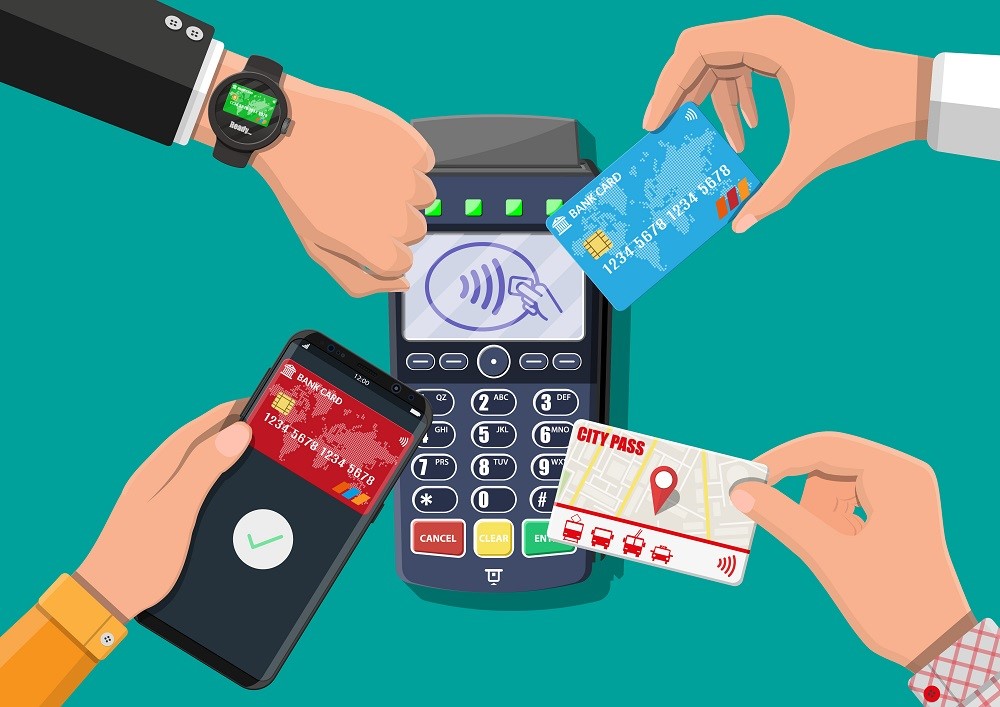
Photo: net
In August 2021, the government of Rwanda through the National Bank decided to suspend charges on all push-and-pull digital transactions. This policy change was lauded by many with some going to the length of calling it a game-changer in making digital payments more affordable and inclusive.
However, no sooner had the public started to enjoy the reaps of the abrupt change than the telecom companies introduced charges of 0.5 percent on the payment transactions above Rwf 5000 or Rwf 4000 made using their platforms specifically merchant codes. A move partly blamed for still regarded as a high cost of transactions leading to the slow adoption of digital payment by the public, impeding the national goal of achieving universal access and use of digital means to do business.
According to figures coming from the recently concluded First Phase of the Twagiye Cashless Campaign which the ICT Chamber was an implementing partner, the use of digital payment is still facing a host of challenges expanding from high transaction fees to a limited number of merchants accepting digital payment options.
Also, unstable network connections most especially in national border districts, and poor perception were cited as one of the major challenges that are making people continue preferring hard cash to carry out transactions.
The findings were shared by the Ministry of ICT and Innovation during the February CEO roundtable meeting that brought together heads of major financial sector providers, telecoms, Fintech startups, and officials from regulating bodies to deliberate on the next moves geared to enhance the speedy adoption of digital payments.
This comes when some statistics from the National Bank of Rwanda show a sound increase in the use of digital payments. According to the Bank published 2023 June figures, in the last three years, digital transactions have hit all-time reaching more than 160 percent of the country’s Gross National Product.
Meanwhile, the 2023 State of Inclusive Instant Payment Systems in Africa Report by Africa NENDA, Economic Commission for Africa, and World Bank revealed that the use of Rwanda’s domestic Instant Payment System (eKash) is insignificant standing at 0.1 percent compared to its regional peers whose DIPS usage by the public range between 80 and 120 percent.
A challenge invited officials recognized and committed to addressing by maintaining and sustaining the existing synergies to enable a hasty switch from a cash-dominant transaction system to a digital one.
“We need to sustain, strengthen, and use the existing synergies to make our systems more interoperable if we want the public to sign up and embrace fully digital payments,” said attendees.
During the discussion, guests unanimously agreed to run a second phase of the campaign anchored on addressing the identified challenges during the previous one for tangible results.
“Yes, we should have the second but we need to be more specific and intentional during the second phase because now at least we have the most recent data to guide our next intervention,” added attendees.
The first phase of the campaign reached approximately 24000 from 12 districts, onboarded 1,095 new merchants, and signed up 1264 new clients.

